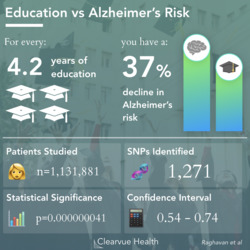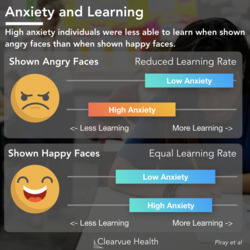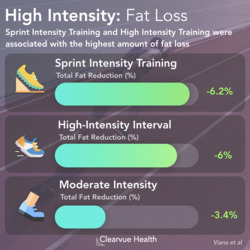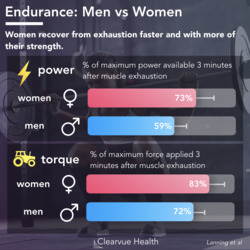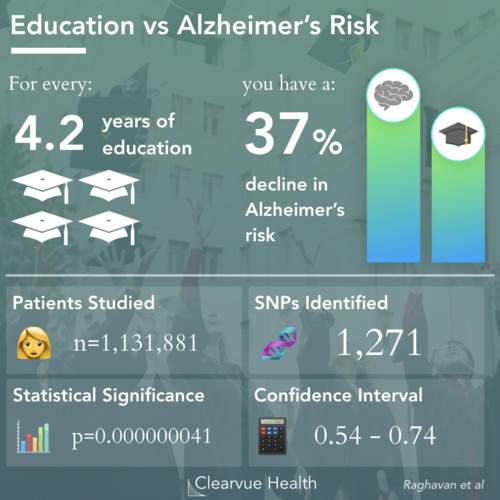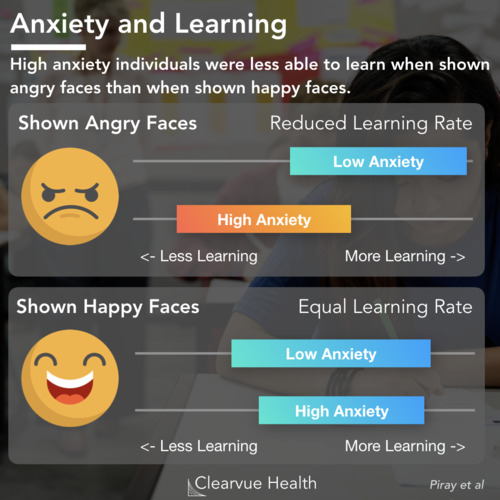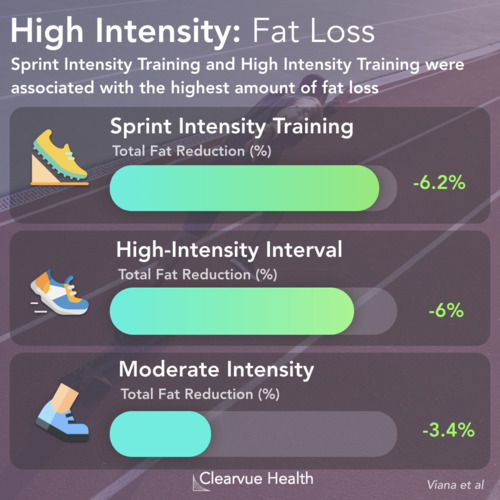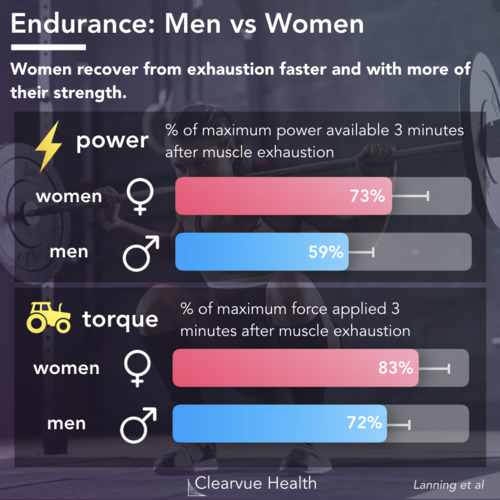Student Athletes Care About Classes
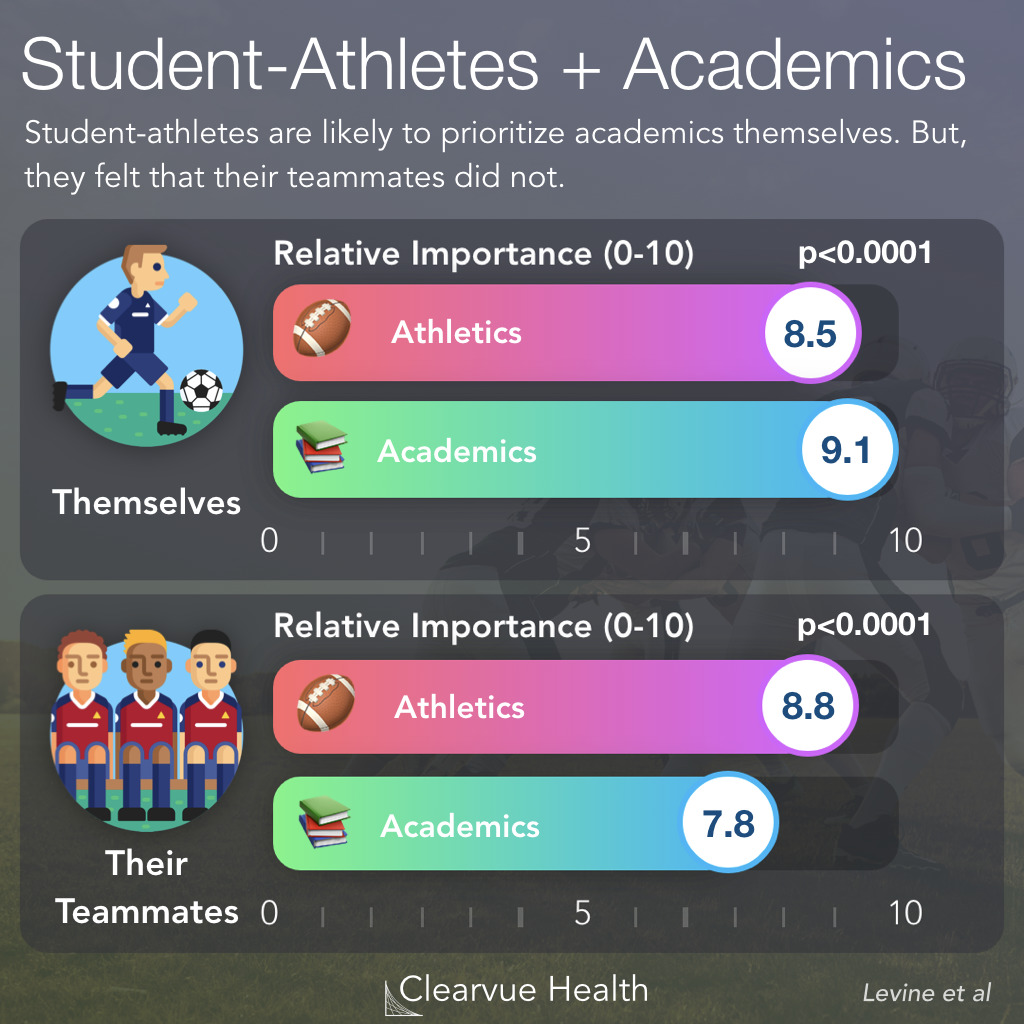
Figure 1: Student-Athletes and Academics. Student-athletes on the football team, on average, prioritize academics over athletics. However, they believed that their teammates prioritized athletics over academics.
It’s time to start rethinking our stereotypes about student-athletes.
We’ve all seen movies and TV shows with a “dumb jock.” There is a prevailing wisdom that being good at sports means that you’re not as good at academics.
We also see stories about student-athletes who treat their classes as a joke. There are athletes who wear their failing grades as a badge of honor, or so we are told.
In reality, most student-athletes actually care about academics.
In fact, in one studied college football team, the average athlete cared more about their academics than they do about their athletics.
However, on average they thought that their teammates cared more about athletics than academics, in line with common stereotypes. This points to an effect that researchers call “pluralistic ignorance.” Even though they individually and personally prioritized their classes, they believed the rest of the team did not.
These stereotypes are not necessarily harmless. They can potentially add peer pressure for athletes to spend more time on sports and less time on their studies.
In the above paper, researchers found evidence that student-athletes may have studied less in order to fit in better with perceived social norms.
Of note, this research was conducted in one school. While it was consistent with another study done on grade school student-athletes, it may not necessarily generalize to other schools, regions, or countries.
Source: Pluralistic ignorance among student–athlete populations: a factor in academic underperformance
Stereotypes Hurt Student Athletes
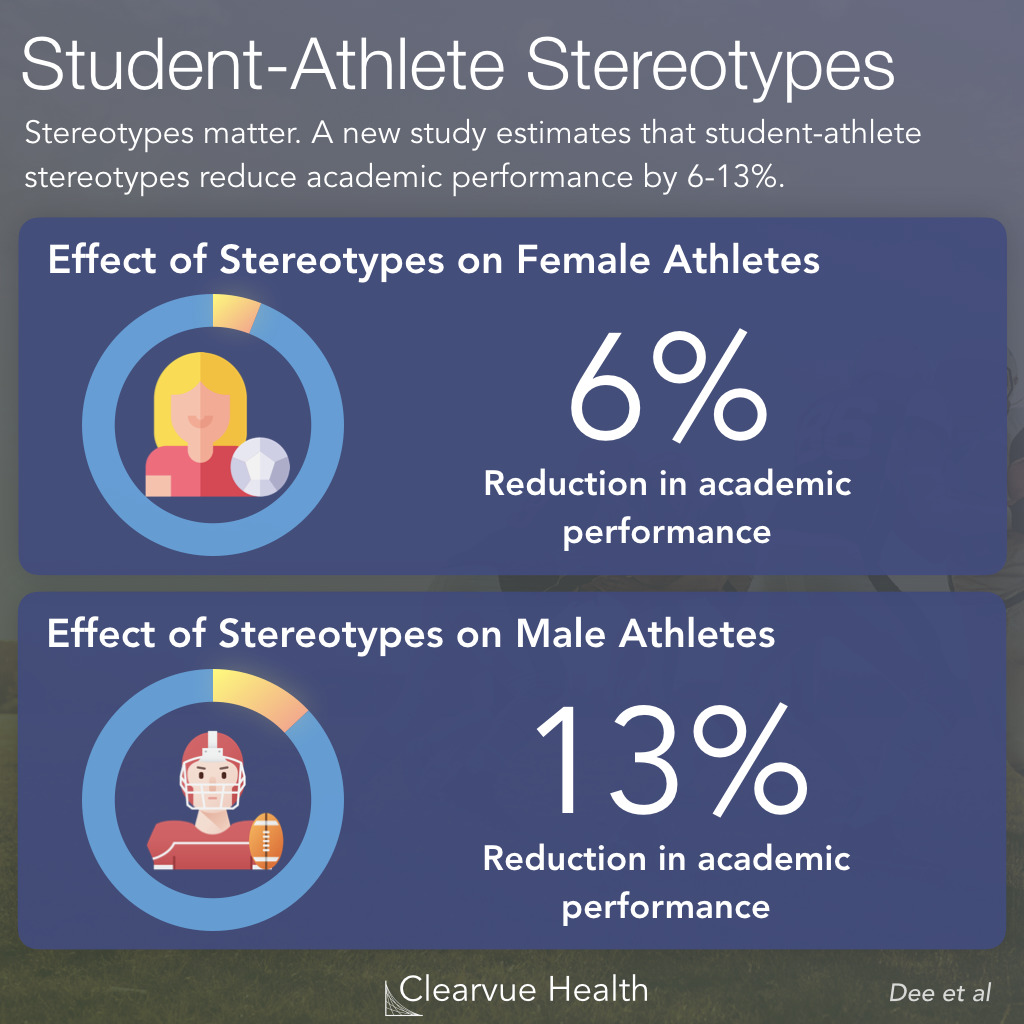
Figure 2: Effect of Student-Athlete Stereotypes. Stereotypes matter. A new study estimates that student-athlete stereotypes reduce academic performance by 6-13%. When students were reminded of their identity as student-athletes, their performance on a test suffered. This effect was stronger in male athletes than female athletes.
In a second study, researchers found that when athletes were reminded of negative stereotypes, their academic performance suffered.
This effect was much stronger in male athletes than female athletes.
This suggests that the jokes we make about dumb jocks may not be so harmless. In fact, this provides evidence that some athletes may have internalized these negative stereotypes.
Source: STEREOTYPE THREAT AND THE STUDENT‐ATHLETE
Pluralistic Ignorance Among Extracurricular Activites
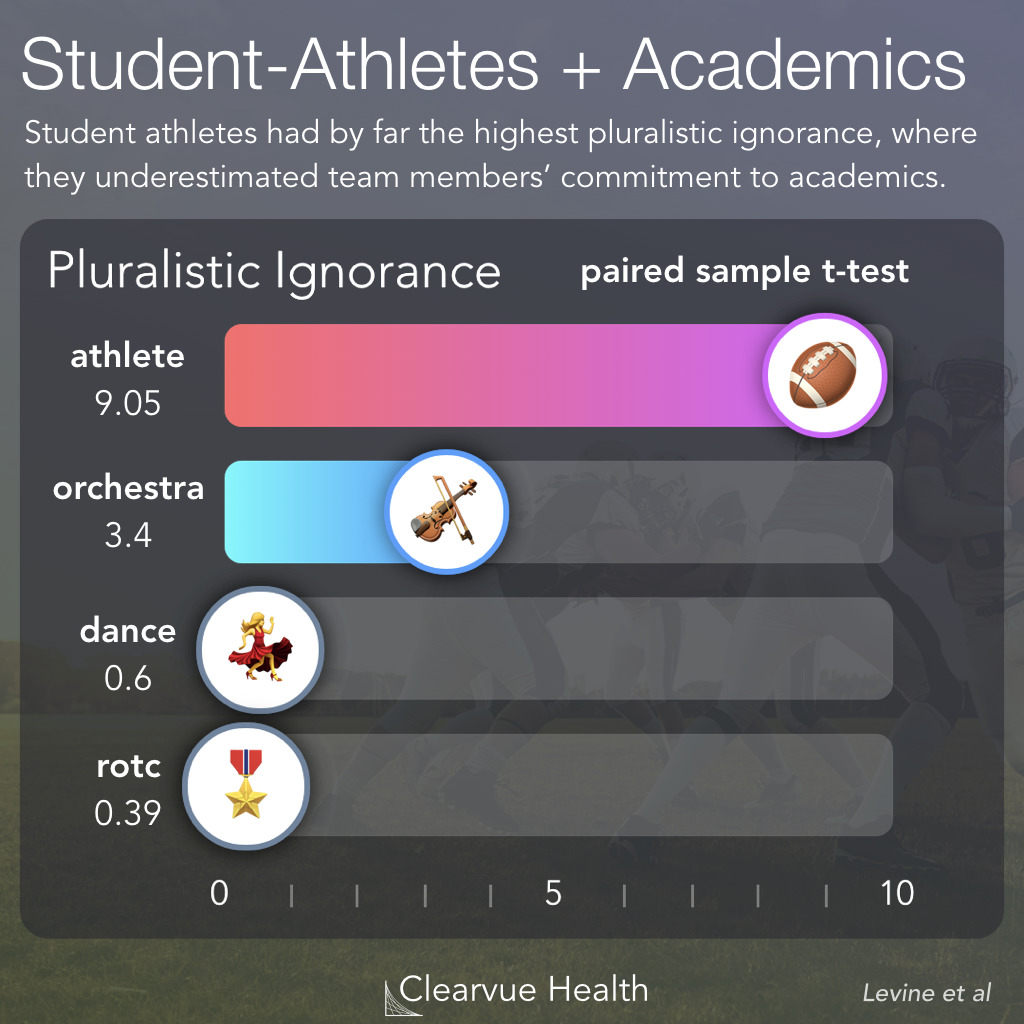
Figure 3: Student-Athletes have the strongest pluralistic ignorance. Student-athletes had by far the highest pluralistic ignorance, where they underestimated team members’ commitment to academics. Each bar is scaled to the estimated effect size from a paired sample t-test. Each metric was measured on a 1-10 scale with 1 being "not at all important" and 10 being "very important."
Researchers also looked for this effect among students in other extracurriculars. They looked to see whether students in other types of groups underestimated the academic commitment of their peers.
They found that students in the orchestra also had a bit of pluralistic ignorance where they underestimated how much their fellow musicians valued academics.
However, this effect was much smaller than that of athletes
Source: Pluralistic ignorance among student–athlete populations: a factor in academic underperformance
Interpretation
Participating in a sport is one of the best things you can do for your health. In fact, there are many known benefits of being a student-athlete beyond health.
These data suggest that the stereotype of a dumb jock is untrue for many student-athletes. Student-athletes do care about their sports, but on average they care more about their academics.
Like any sort of social norm, these stereotypes may add pressure for students to study less in order to fit in better, which is a shame since this stereotype may not be based in reality.
This finding fits in with the common sense wisdom that If we tell someone they’re smart, they’ll perform better in school.
Addendum
This article was reviewed for accuracy by the original author, Professor Danny Oppenheimer. We also visualized another high impact by Professor Oppenheimer on writing and typing notes here. We are grateful for his input and his contribution to the sciences.




